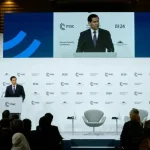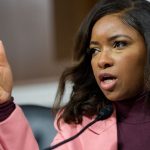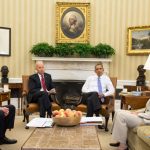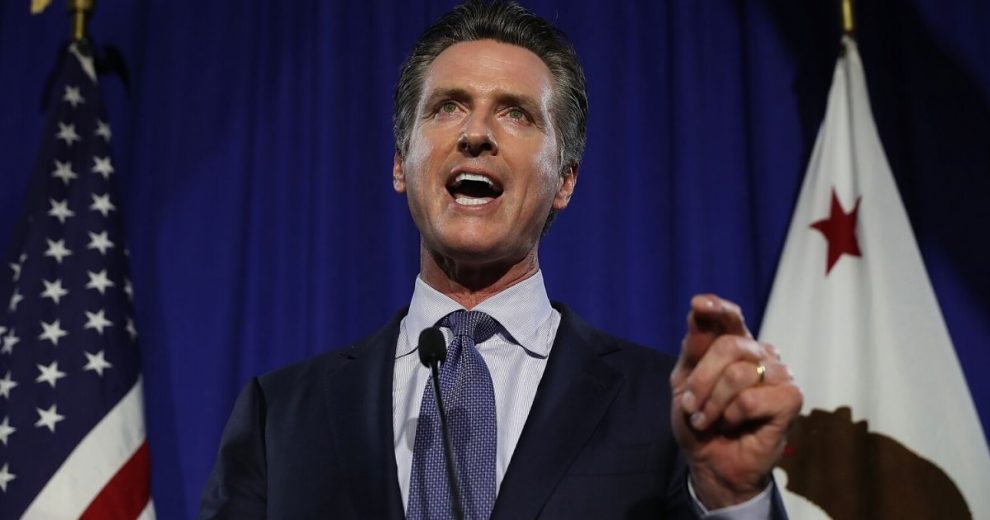The California Department of Health clarified Tuesday that indoor religious services in the state have been suspended indefinitely.
Over four months after California initially instituted a lockdown on March 19, the state issued a new order on Monday that rolled back reopening plans.
The guidance mandates that restaurants, bars, churches, fitness centers, hair salons and barber shops must be closed in 30 of the hardest hit counties in California.
“We’re going back into modification mode of our original stay at home order,” Democratic California Gov. Gavin Newsom said, according to The New York Times. “This continues to be a deadly disease.”
The DCNF pressed both the governor’s office and the California Department of Health on when Californians may attend indoor religious services again, and what punishments Californians face if they do attempt to attend banned services. Newsom’s office referred the DCNF to the California Department of Health.
CDPH referred the DCNF to a news release on the matter, noting that the order went into effect immediately and that it will remain in effect indefinitely until the State Public Health Officer decides to lift it.
CDPH did not provide an end date.
CDPH would not directly address what punishments Californians might face if they continue to gather for indoor religious services.
“The Governor has consistently said that asking people to do the right thing is the most powerful enforcement tool we have,” spokeswoman Ali Bay told the DCNF.
“We all have a shared responsibility to do the right thing to not only protect ourselves, but those around us.”
“This is a statewide requirement and flows from the same legal authority as all of the other state orders,” she added.
“Californians have done incredible work following those orders — saving lives in the process. We expect that will continue to be the case.”
The new guidance comes after months of outrage from Californians who have been prevented from attending religious services.
The Department of Justice intervened in May, warning the governor that California’s reopening plan discriminates against houses of worship.
“Simply put, there is no pandemic exception to the U.S. Constitution and its Bill of Rights,” Eric S. Dreiband, the head of the Justice Department’s Civil Rights Division, said in May.
Dreiband also reminded Newsom that Attorney General William Barr recently issued a statement in which Barr emphasized that “even in times of emergency … federal statutory law prohibits discrimination against religious institutions and religious believers.”
“Government may not impose special restrictions on religious activity that do not also apply to similar nonreligious activity,” Barr said.
“For example, if a government allows movie theaters, restaurants, concert halls, and other comparable places of assembly to remain open and unrestricted, it may not order houses of worship to close, limit their congregation size, or otherwise impede religious gatherings.”
























